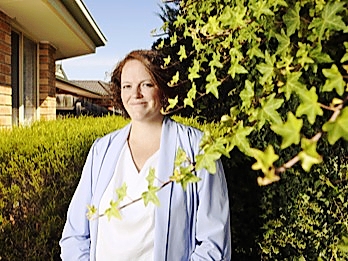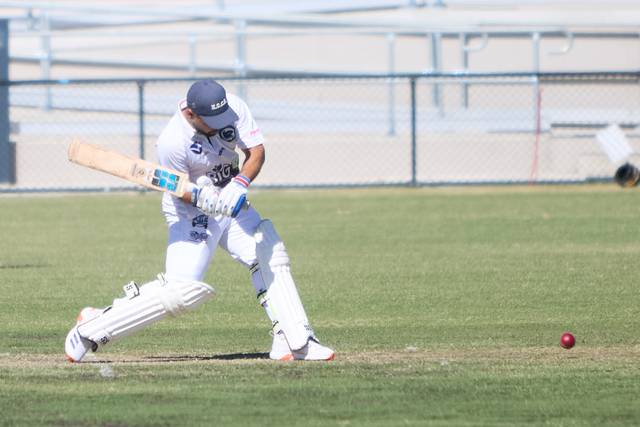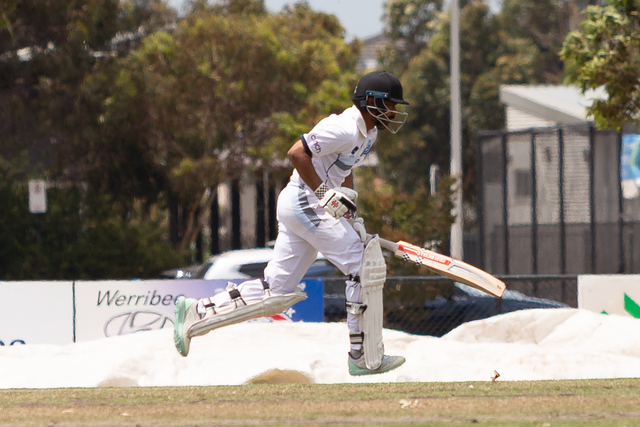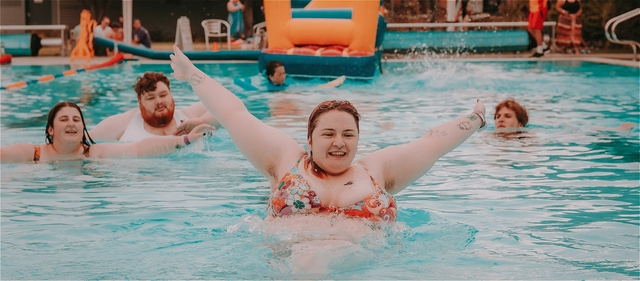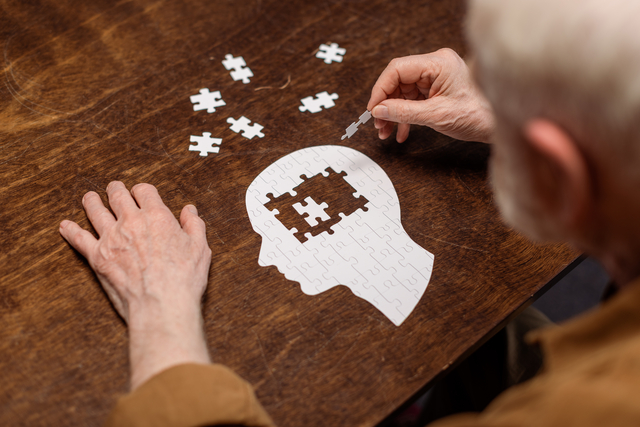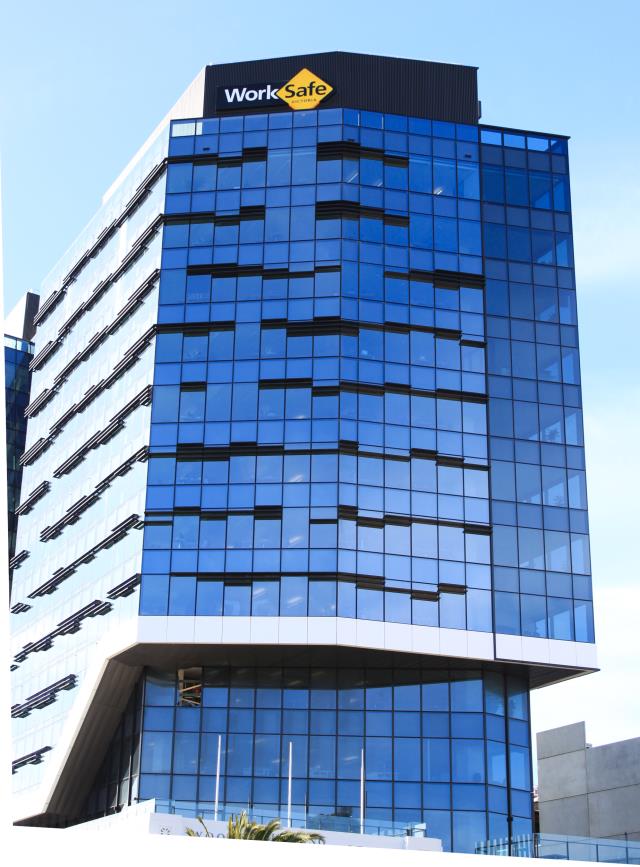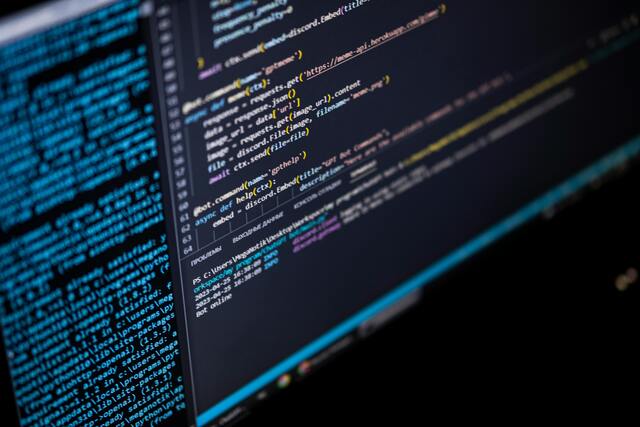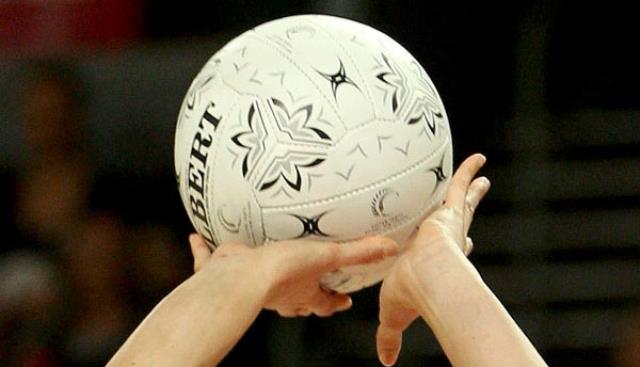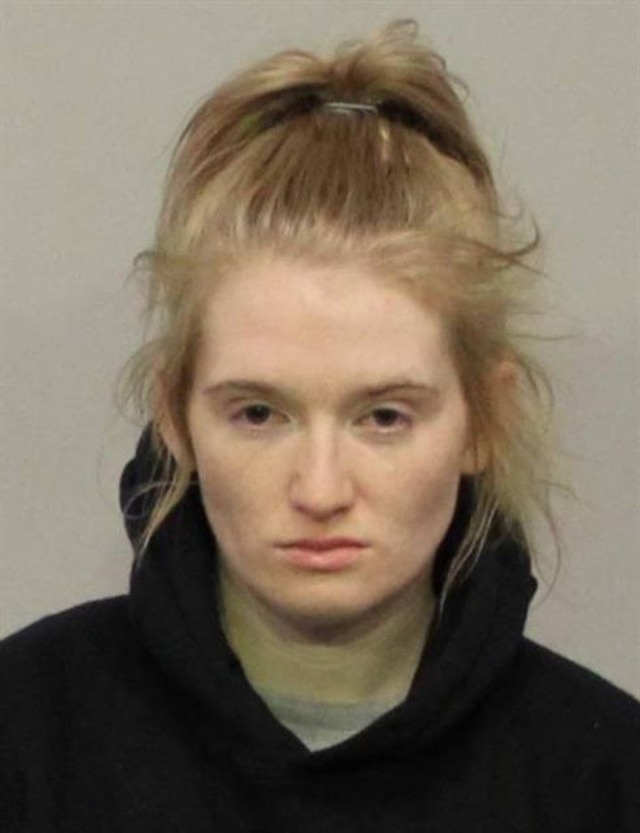For Rochelle McKenry, the evening started out like any other drive home from work.
She had just bought a new car and, after a long day at the office, she decided to dodge the peak-hour traffic by taking the back way home from Tullamarine around Melbourne Airport.
The next thing she remembers is waking up with a white bag in front of her covered in what at first she believed was shaved ice.
“My car door was slightly ajar, so I undid my buckle,” she said.
“I sat in my seat and realised the bag was my airbag and the wall of ice was my shattered windscreen.”
The Hoppers Crossing resident had been involved in a head-on collision with an airport bus carrying five passengers.
Mrs McKenry, an epileptic, had been seizure-free for three years and cleared to drive for five, and, at that point, there were no warning signs.
Diagnosed with the condition at the age of 13, she found high school difficult and remembers being often subjected to cruel taunts.
“I wasn’t able to do a lot of the things teenagers do,” she said.
“I always had to make sure my family knew where I was, just in case something happened.”
On one occasion, she was leading new students and their parents around the school and woke up with her school uniform around her head following a four-minute seizure.
Seizures would come on while watching television with her parents, and one morning she had to be rescued by her mother after smashing through glass shower doors.
As an adult, she was living alone when a seizure caused her to slip in the shower, fall and hit her head on the basin, knocking herself out.
When a relative came to check, she noticed a red mark on Mrs McKenry’s hip and realised she had been lying on a searing-hot hair straightener throughout the seizure, which severely burnt and disfigured her hip.
An estimated 250,000 Australians are living with epilepsy, the world’s most common serious brain condition.
However, with the help of medication and lifestyle changes, Mrs McKenry, now 35, has been able to gain some control over her condition and has just welcomed her first child, a baby girl.
“I’ve never looked at epilepsy as a disorder,” she said.
“I’ve just had a baby, so it just shows, with a supportive family and the confidence that comes from that, you can achieve anything.”
Find out more
For information visit www.epilepsy.org.au.

